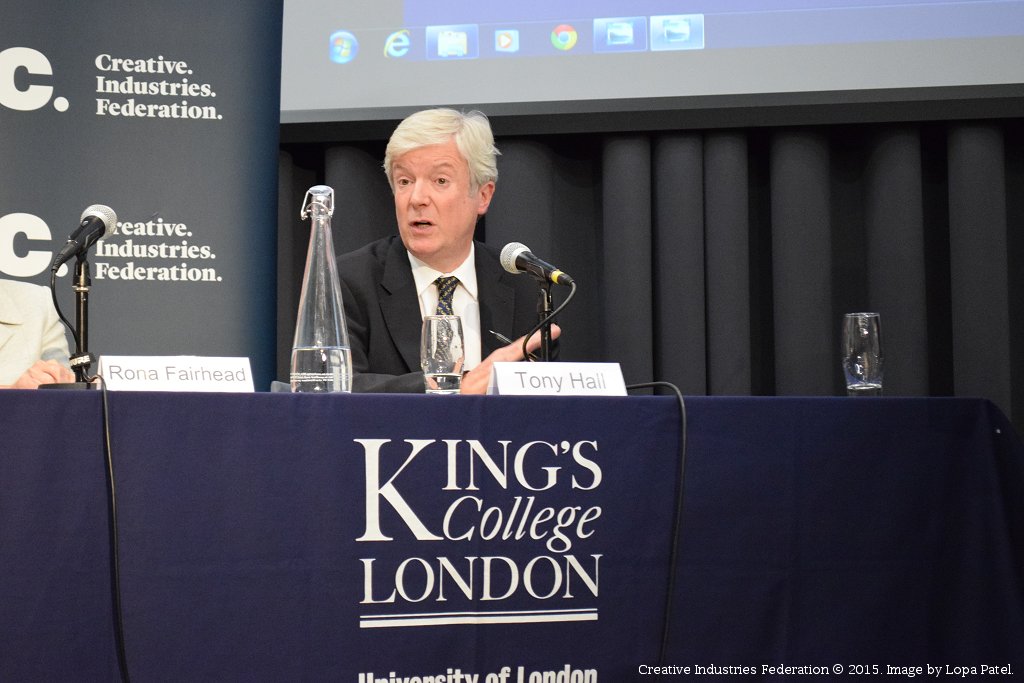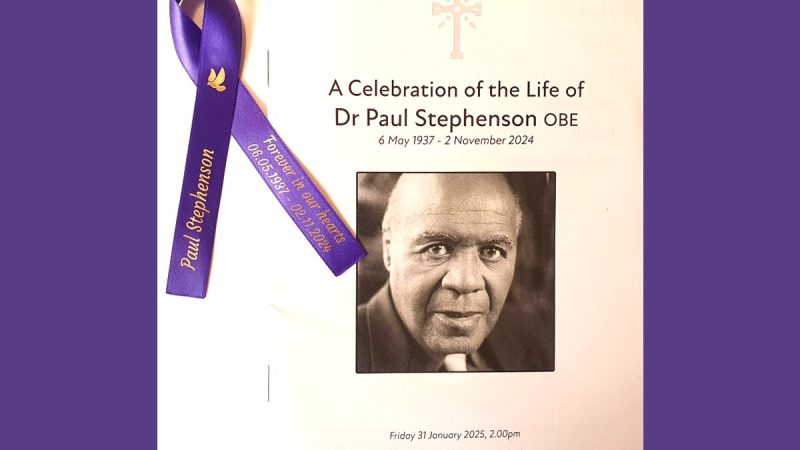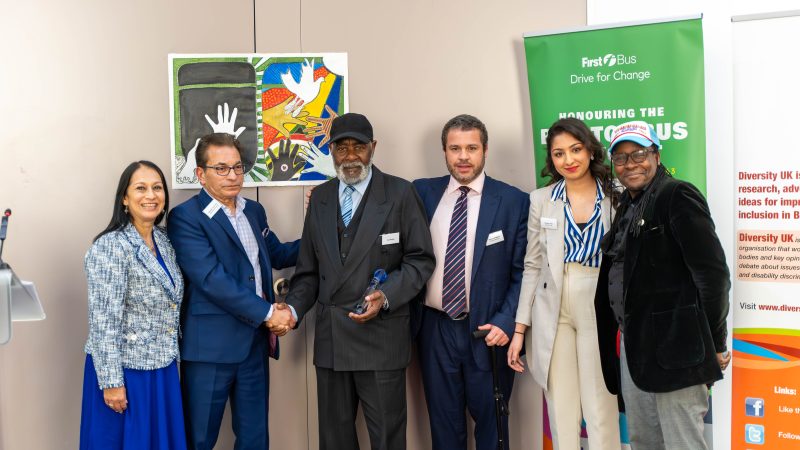Creative Industries Federation debates future of the BBC

The Creative Industries Federation hosted a series of policy seminars on the BBC's role in the creative industries in September 2015. The seminars, presented in partnership with the BBC Trust, took place in Manchester, Birmingham and London. At the London seminar on 23rd September 2015, hosted at King's College London, BBC Director General Tony Hall and BBC Trust Chair Rona Fairhead addressed the audience. This was followed by a Q&A session with a panel comprising film, theatre and TV director Simon Curtis; Jo Dipple, Chief Executive of UK Music; Baroness Lane-Fox, philanthropist and public servant; Mark Pemberton, Director of the Association of British Orchestras and Jo Twist, Chief Executive of The Association of UK Interactive Entertainment.
Attended by senior figures from the BBC, the BBC Trust and experts from across the creative industries and the arts, the seminar examined subjects such as the BBC's support for the creative industries through its guaranteed income and spend; the BBC's role in training and development; the BBC's impact on the creative industries market; the BBC's role as a creative catalyst in cities other than London and the Corporation's contribution to the development of the digital economy.
John Kampfner, Chief Executive of the Creative Industries Federation, said: "The BBC plays a vital role in the UK's broader creative industries and arts. As the national membership body for the arts, creative industries and cultural education, the Federation and its members see the Government's Green Paper and its discussions on the BBC as one of the important issues of the moment.
"Our series of three events are aimed at investigating dispassionately the role of the BBC in the wider creative industries, with the input of experts from a number of different fields, producing evidence for a strong report to Government.
"The BBC is of such importance to the cultural life of Britain that any decisions made now about its future will have an impact way beyond what the public gets to see and hear on radio, television and online. It will affect the strength and success of the UK's creative output for years to come."
Tony Hall, BBC Director General says: “The BBC is the largest single investor in TV and radio original content in the UK. In 2013/14 we spent around £2.2bn of licence fee income in the creative industries, of which around £450m went straight to small businesses. We’re already working hard to help create creative hubs in cities like Manchester, Birmingham and Bristol and we want to explore with local government and industry what more we could do.
“During the next Charter period I believe it’s vital that the BBC becomes more open as an organisation and a true partner. These seminars are a great opportunity to work with the Creative Industries Federation to make sure the BBC of the future will inform, educate, entertain – and enable.”
Rona Fairhead, Chairman of the BBC Trust said: "The Trust has a particular responsibility to speak on behalf of licence fee payers and our job is to make sure we get the broadest possible public debate about the structure of the BBC and what its content and services should look like. These debates are part of that process."
Deborah Bull, Director of Cultures at King's College, London, made the closing remarks.
About the UK Creative Industries
The UK’s creative industries, spanning advertising, architecture, crafts, design, film, games, publishing, museums and galleries, music, technology and television, are an important source of job creation for the UK. Together, they accounted for 1.71m jobs in 2013 or 5.6 per cent of total UK jobs and brought in £76.9 billion to the UK economy, after growing by almost 10 per cent year on year.
The GVA of the creative industries, including public arts, experienced growth between 2013-2013 of 9.9% which is higher than any other industrial sector, including financial services.
For further information visit www.thecreativeindustries.co.uk




